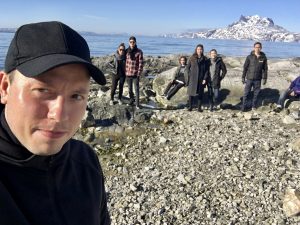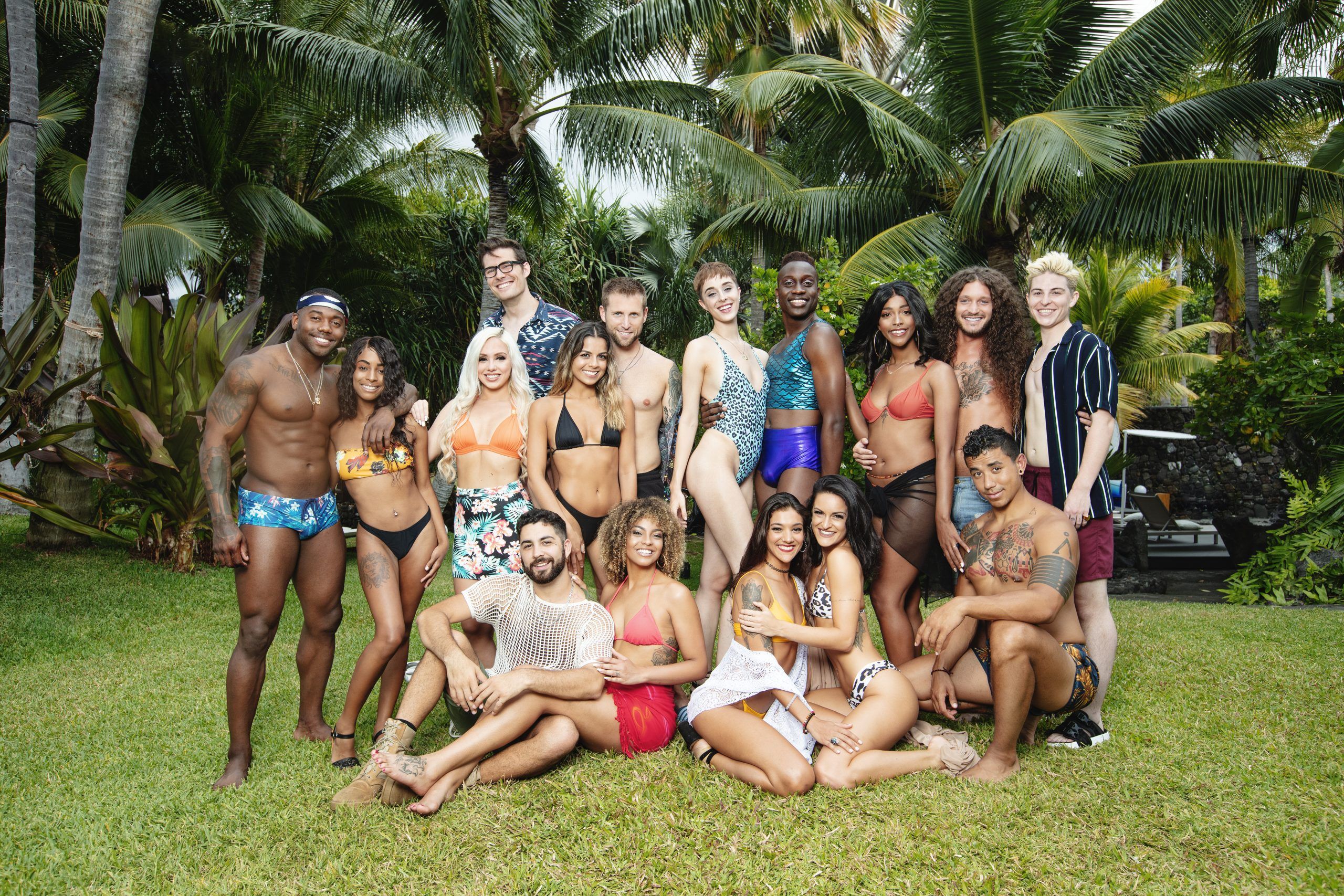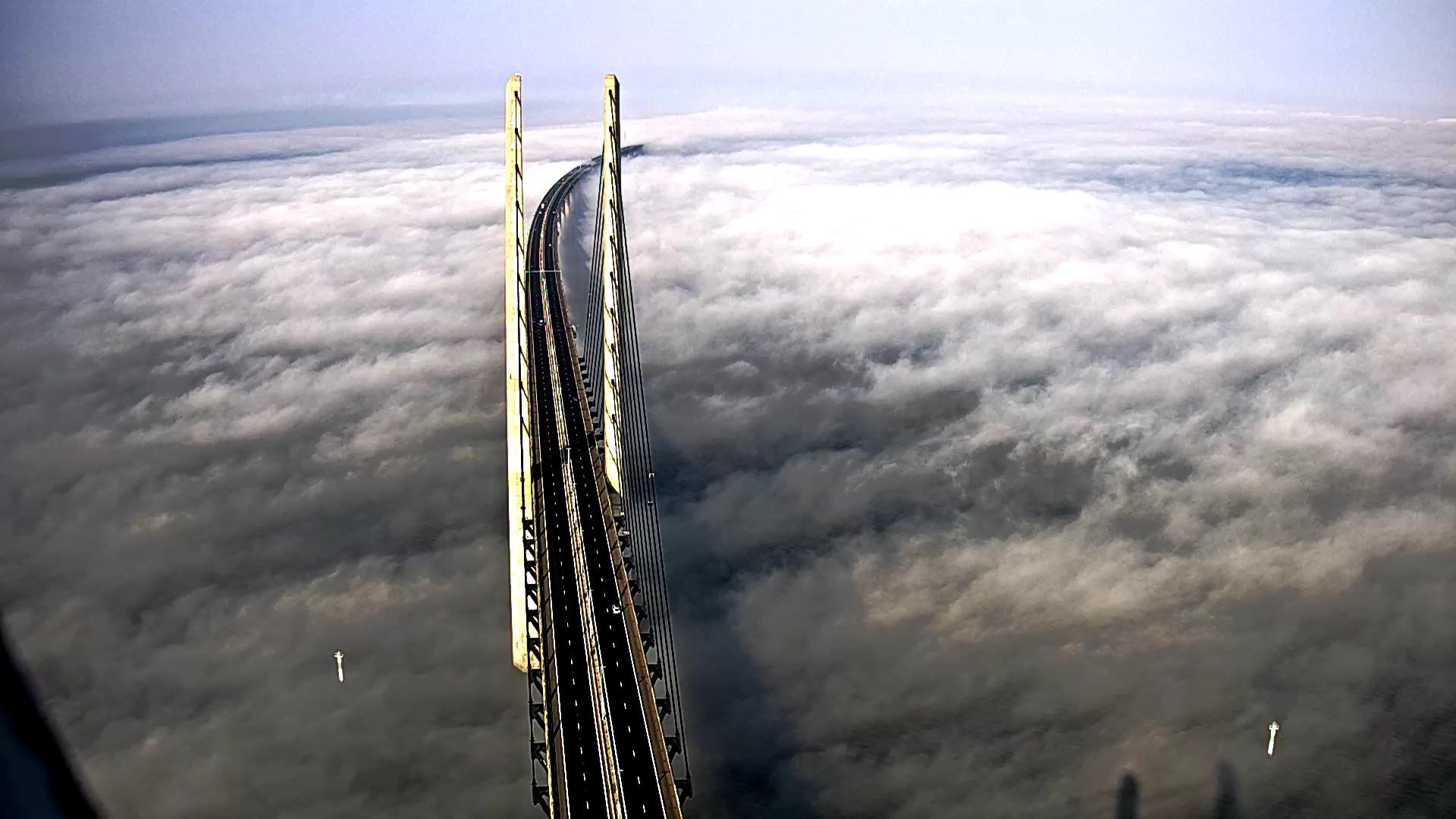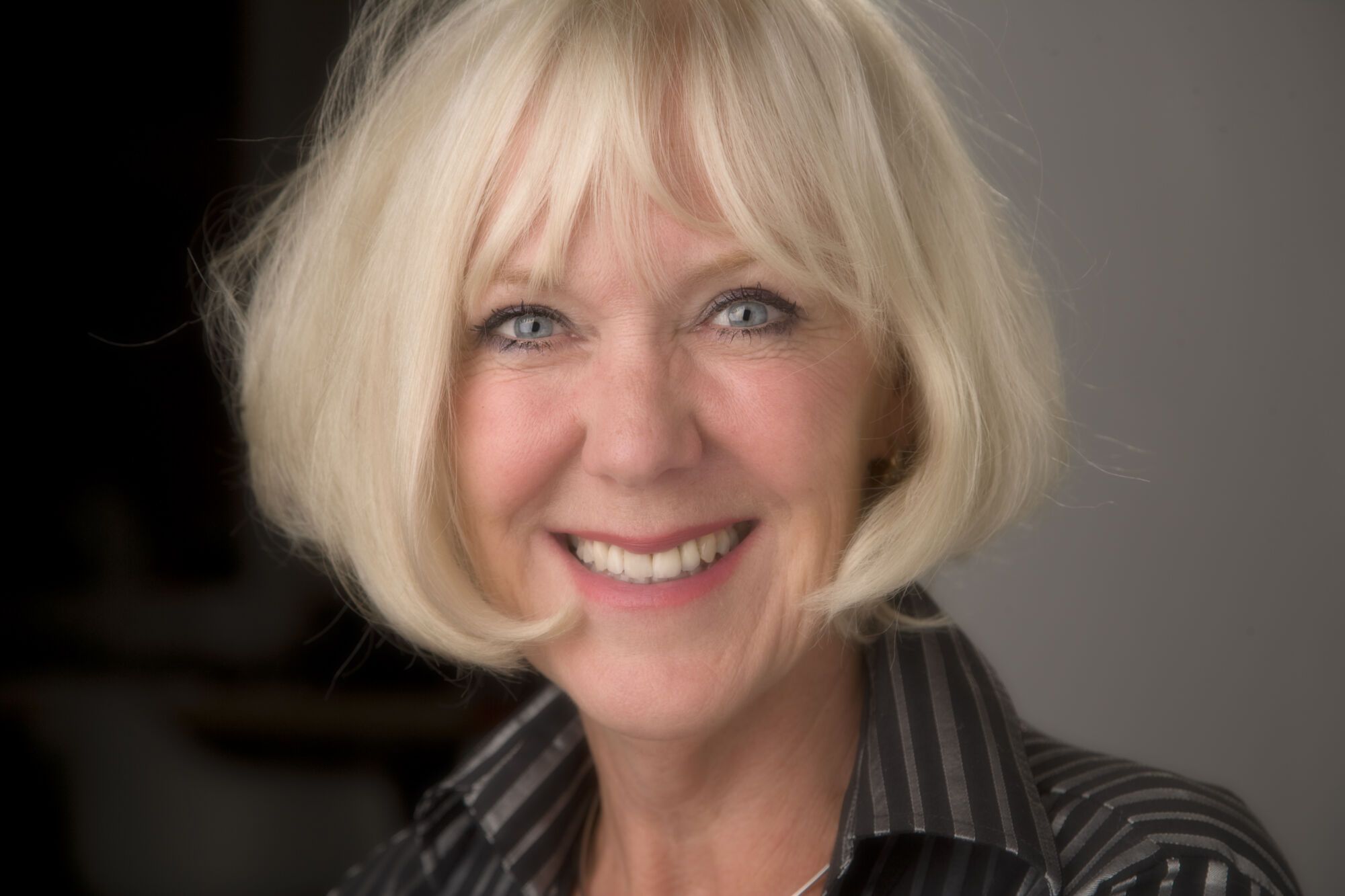Reality television hasn’t been blamed for the coronavirus, but give it time.
There are few things every corner of the political spectrum agrees on, and a dislike of narcissistic wannabes preening themselves in front of a neverending mirror is right up there with the need to safeguard oxygen.
But is its potential to affect real change grossly misunderstood? While politicians struggle to connect with younger audiences, reality TV stars have them in the palm of their hands.
If they want to raise awareness of an issue, their audience tends to listen. They can, arguably more than the status quo, change society.
Denmark’s biggest reality TV export
CPH POST recently caught up with Victor Plank Harms, an experienced New York-based supervising producer specialising in documentary series and reality TV programming.
As a Dane who has cracked America, he is arguably his country’s biggest name in the sector.
In his career, he has produced numerous dating shows filmed worldwide
It has afforded him a unique perspective on the development of gender fluidity and sexuality – among both the cast on set and among colleagues in the editing room.

What observations have you made while working on dating shows during your past decade working as a producer?
A decade back, when I started producing dating shows, the female talent would kiss one another for ‘fun’ and it would often be a side-story on the show, but male participants would never, EVER kiss each other. Today straight guys kiss straight guys all the time when we produce dating shows and none of the other contestants blink.
What prejudices do people have about your work?
I have often heard people say that watching reality TV is just as bad for you as eating junk food, but I don’t think that’s true. Yes, reality TV is made purely for entertainment, but if the personal is political, then reality TV is definitely political. The contestants are making a statement just by being who they are and accepting one another’s differences, which I think we all could learn from.
How has the depiction of gender and sexuality in reality TV changed over time?
I remember watching a Danish reality TV show as a teenager in Copenhagen in which a gay male contestant had to hide his sexuality from the rest of the straight cast as a secret mission. I seriously doubt that we will ever see a twist like this in reality ever again. First of all, seeing a homosexual on TV is no longer shocking to the viewer, and second of all, the contestants who participant in reality TV – especially on dating shows – simply don’t tend to think in gender and sexuality stereotypes. They are somewhat ahead of the norm in their thinking. Naturally, the open-minded cast is picked by the producers, but it does represent a new generational trend that is more tolerant than previous ones.
How have dating shows changed over time?
It’s been a while since MTV’s dating show ‘A Shot at Love with Tila Tequila’. Having a bisexual in such a central role was a loud twist. The 8th season of ‘Are You The One?’ that aired last year on MTV (US) featured a fully sexually fluid cast for the first time in the history of reality dating shows. It becomes even more interesting when reality TV shows don’t comment on the casts’ sexual orientation or gender identification at all.
How is reality TV political?
Most dating shows no longer comment on gender identity and sexual orientation when they introduce the talent on a show, which in consequence might make the audiences less interested in labelling sexuality and gender. The more exposure we have to new forms of sexuality, the less taboo they become … and the less oppression there is.
What do you think the future of dating show will look like?
I recently produced the Danish version of the British dating format ‘Singletown’ as a supervising post producer. On this show, halfway through the season, one of the male contestants tells the cast that he was born as a girl. The scene is four minutes long. The transgender male is instantly accepted by fellow cast members – and we never went deeper into that particular aspect of the story. That’s reality television in 2020 and a puzzle piece of a portrait of a new generation. This is a subtle way of making reality television just as political as a documentary series showcasing the new generation of successful young Greenlanders.














